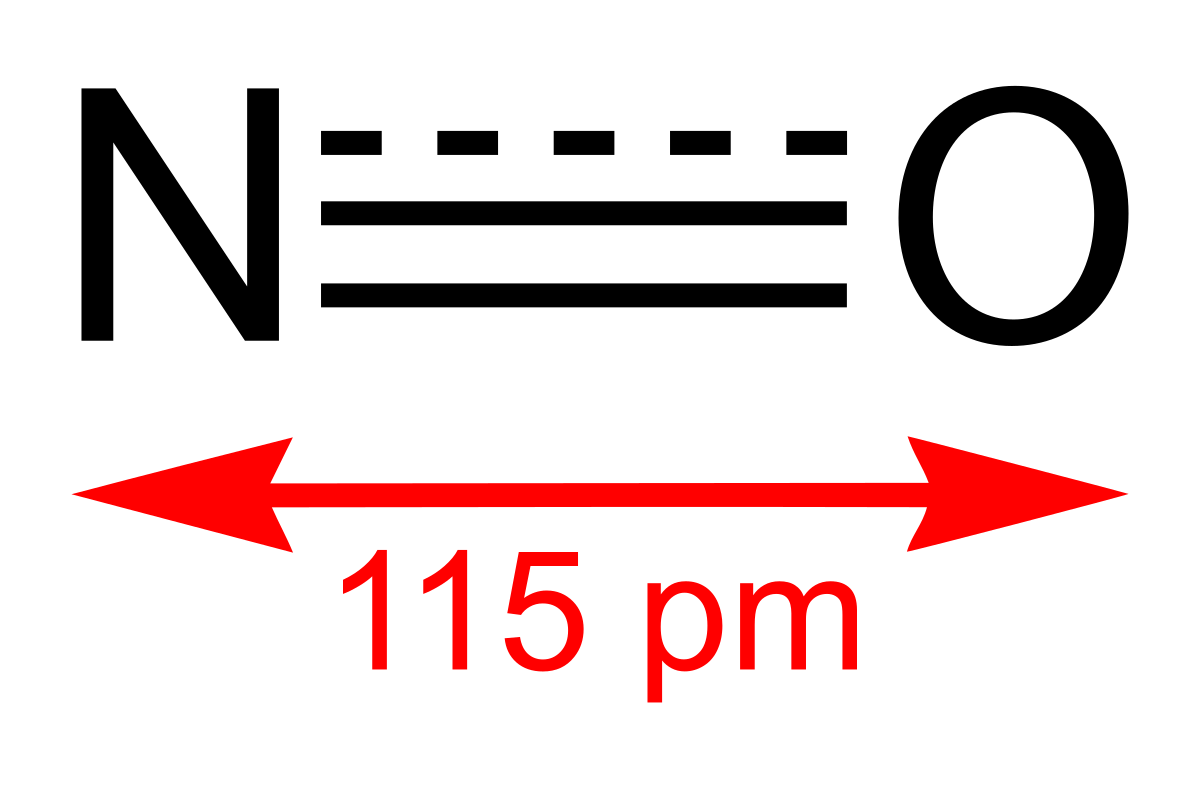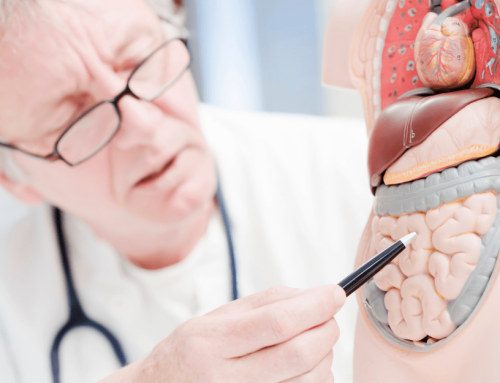Nitric oxide (NO) induces vasodilatatory, antiaggregatory, and antiproliferative effects in vitro. To delineate potential beneficial effects of NO in preventing vascular disease in vivo, we generated transgenic mice overexpressing human erythropoietin. These animals induce polyglobulia known to be associated with a high incidence of vascular disease. Despite hematocrit levels of 80%, adult transgenic mice did not develop hypertension or thromboembolism. Endothelial NO synthase levels, NO-mediated endothelium-dependent relaxation and circulating and vascular tissue NO levels were markedly increased. Administration of the NO synthase inhibitor NG-nitro-L-arginine methyl ester (L-NAME) led to vasoconstriction of peripheral resistance vessels, hypertension, and death of transgenic mice, whereas wild-type siblings developed hypertension but did not show increased mortality. L-NAME-treated polyglobulic mice revealed acute left ventricular dilatation and vascular engorgement associated with pulmonary congestion and hemorrhage. In conclusion, we here unequivocally demonstrate that endothelial NO maintains normotension, prevents cardiovascular dysfunction, and critically determines survival in vivo under conditions of increased hematocrit.
_______
Author Affiliations
*Institute of Physiology, University of Zürich-Irchel, CH-8057 Zürich, Switzerland; †Cardiology and Cardiovascular Research, ‡Department of Pathology, and **Central Biology Laboratory, University Hospital Zürich, CH-8091 Zürich, Switzerland; §Institute of Physiology, Ludwig Maximiliams University, D-80336 Munich, Germany; ¶Department of Anesthesiology and Physiology, University Clinic Lübeck, Ratzeburger Allee 160, D-23538 Lübeck, Germany; ‖Department of Cardiology, University Hospital Düsseldorf, D-40225 Düsseldorf, Germany; ‡‡Department of Clinical Research, University Hospital Bern, CH-3010 Bern, Switzerland; ††Department of Research and Neurology, University Hospital Basel, CH-4031 Basel, Switzerland; and §§Department of Internal Veterinary Medicine, University of Zürich, CH-8057 Zürich, Switzerland
Edited by Ewald R. Weibel, University of Bern, Herrenschwanden, Switzerland, and approved August 9, 2000 (received for review June 5, 2000)






